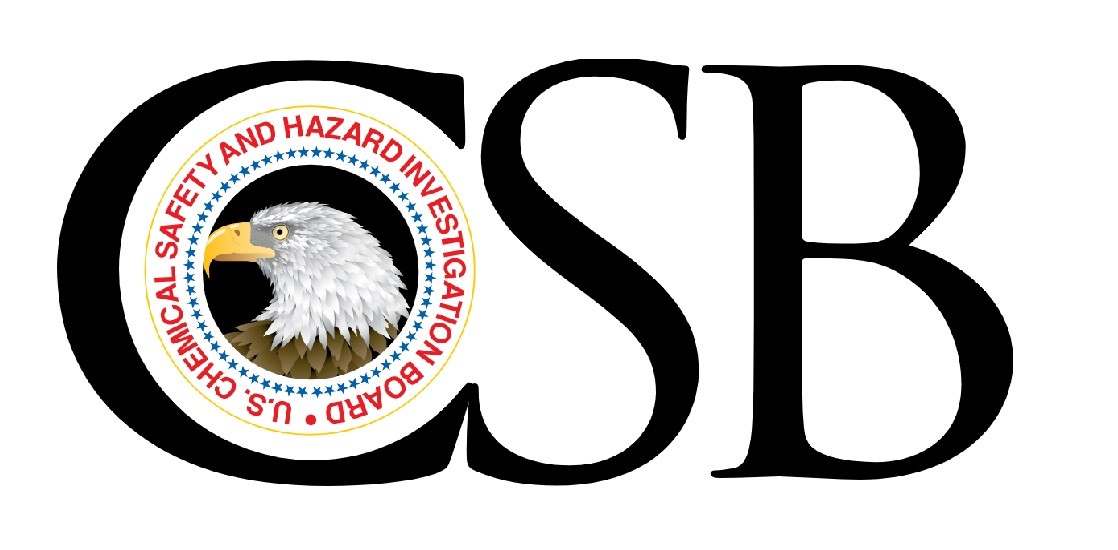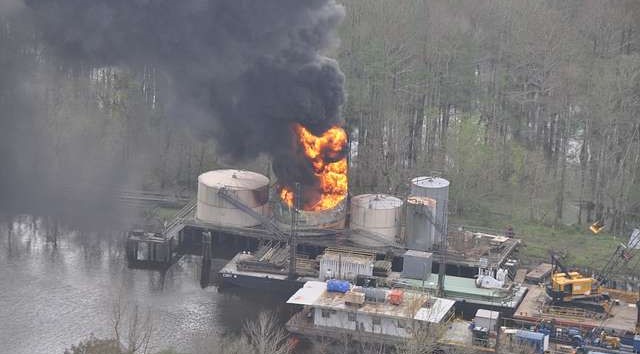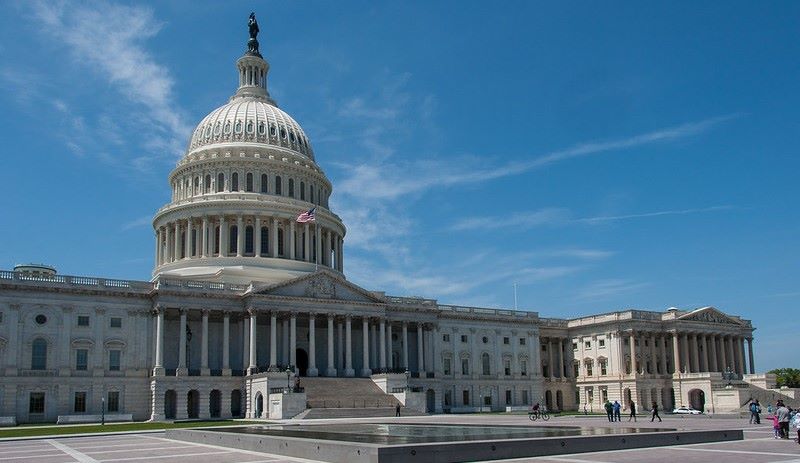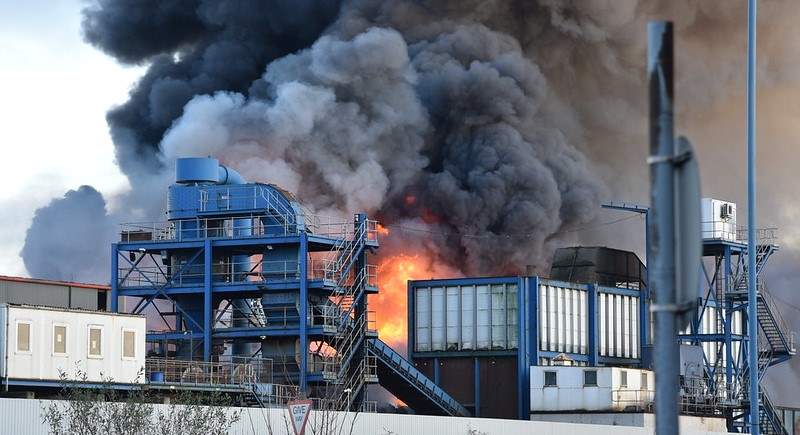The Trump administration’s approach to regulation, especially in the chemical sector, reflects a broad political ethos: eliminate perceived bureaucratic inefficiencies, reduce federal oversight, and promote business growth.
One of its most controversial moves in this direction is the proposed elimination of the U.S. Chemical Safety Board. The CSB) is a small but influential federal agency which Republicans believe is an unnecessary burden to economic growth in the chemical industry.
As the UK journal Chemistry World reports, “The [Trump] administration claims in the CSB’s budget request that the agency ‘duplicates substantial capabilities’ in the US Environmental Protection Agency (EPA) and the federal Occupational Safety and Health Administration (OSHA) to investigate chemical-related mishaps. It also says the agency generates ‘unprompted studies of the chemical industry and recommends policies that they have no authority to create or enforce,’ suggesting that this function should reside within agencies that have authority to issue regulations.”
The plan to shutter the CSB has sparked a divided reaction. On one side are proponents of deregulation who tout economic freedom and competitiveness; on the other, critics warn of increased risk to public safety and environmental health.
But how do these arguments stand up and would Trump’s model of deregulation be viable in a European context?
What is the Chemical Safety Board?
Established in 1990 as part of the Clean Air Act Amendments, the CSB is an independent federal agency tasked with investigating industrial chemical accidents. Unlike regulatory agencies such as the EPA or OSHA, the CSB does not issue fines or enforce rules. Instead, its power lies in conducting thorough investigations, publishing detailed reports, and making non-binding but influential safety recommendations. Over the years, the CSB has contributed significantly to improving chemical safety in industries ranging from oil refining to fertilizer production.
The Trump Administration’s Proposal
Since the 2018 budget, the Trump administration has been suggesting that the CSB should be shutdown, calling it unneeded and wasteful. The White House claims that its abolition would save taxpayers about $14 million a year and that its tasks could be taken over by already-existing agencies. This proposal was in line with President Trump’s executive order to reduce federal regulations, which famously required the elimination of two existing regulations for every new one submitted.
Is Deregulation Good for Business?
Supporters of the proposal, largely those in business and on the right of the political spectrum, contend that doing away with the CSB will simplify regulations and enable job growth. Overlapping jurisdictions and redundant inspections have long been criticised by the chemical industry, which claims that these practices hinder innovation and increase needless expenses.
Efforts to simplify regulations have received widespread support from industry-backed organisations like the American Chemistry Council. They believe that by dismantling what they perceive to be an advisory-only organisation, funds could be re-allocated to more effective enforcement or to the advancement of technology. The Trump administration’s broader plan, which includes easing enforcement and reversing EPA regulations is being hailed as a corner stone of the Make America Great Again slogan—a way to boost American manufacturing and guarantee energy independence.
Is Deregulation Gambling with Safety?
However, critics view the proposed closure of the CSB as a risk too far. They cite how the agency has played a unique role in uncovering systemic failures in chemical safety and how it has pushed for improvements when other agencies have been slow to react to chemical industry accidents.
This is largely because while the OSHA and the EPA have enforcement powers neither is equipped to conduct the kind of root-cause investigations that the CSB undertakes.
Certainly, CSB reports have led to critical reforms in tank design, alarm systems, and explosion mitigation, while its work was also instrumental in understanding chemical industry disasters such as the Deepwater Horizon oil spill and the 2013 explosion at a Texan fertilizer plant. Without the CSB acting as an independent investigative body, critics argue, that the public and policymakers may lose an impartial source of safety information. Moreover, communities near industrial sites—often low-income or marginalised—would be at greater risk.
Related articles: How Chemical Companies Can Handle Traceability or What the EU-UK Trade Deal Means for the Chemical Sector
One former employee of the CSB believes that the money saved does not justify the risks involved. Jordan Barab, worked on workplace safety and also served as a deputy assistant secretary of OSHA from 2009 to 2017, and has spoken out against the Administration’s plans, stating on social media that, “Trump wants to shut down the Chemical Safety Board which has a unique role investigating chemical plant incidents. The result: more chemical releases, worker deaths and community pollution. All to save $14 million.”
Even though the CSB was not ultimately defunded by Congress, the repeated attempts to do so undermined staff morale and long-term planning. It also sent a message that chemical safety might no longer be a federal priority.
Is Trump’s Chemical Industry Regulatory Model Suitable for Europe?
Europe’s approach to chemical safety regulation differs significantly. The European Union operates under the precautionary principle, often requiring proof of safety before chemicals can be marketed. Regulatory frameworks like REACH (Registration, Evaluation, Authorisation and Restriction of Chemicals) and CLP (Classification, Labelling and Packaging) are stringent and prevention oriented.
European agencies such as the European Chemicals Agency (ECHA) focus on risk assessment and hazard communication, rather than post-incident analysis. However, some European countries do have independent safety boards for transport and industrial accidents. These are often integrated more closely with enforcement bodies than the CSB is in the U.S.
Adopting a deregulatory, industry-led model in Europe would likely face resistance—not only from regulators but also from the public and environmental NGOs. The EU’s high safety standards are part of its global brand and a foundation for public trust in industry. A shift toward U.S.-style deregulation could undermine both.
The Trump administration’s proposal to eliminate the Chemical Safety Board highlights a basic divide: should governments prioritise economic growth by reducing regulatory oversight, or is independent investigation of chemical industry safety essential for public and environmental protection?
While business groups see deregulation as a boost for competitiveness, critics argue that it exposes nature and communities to preventable risks.
Europe’s more stringent, preventive model offers a contrasting approach—one rooted in the belief that safety must be built in, not just investigated after the fact. Whether the U.S. approach represents pragmatic streamlining or reckless cost-cutting remains a question of political philosophy and public values.
Nowhere is this debate more relevant than in the chemical industry—where innovation is essential, yet mistakes can be deadly. As such, the balance between progress and economic growth versus regulation and public/environmental health remains ongoing.
Photo credit: Aleksander Littlewolf, Flickr, Nara, Wikipedia, & Flickr





